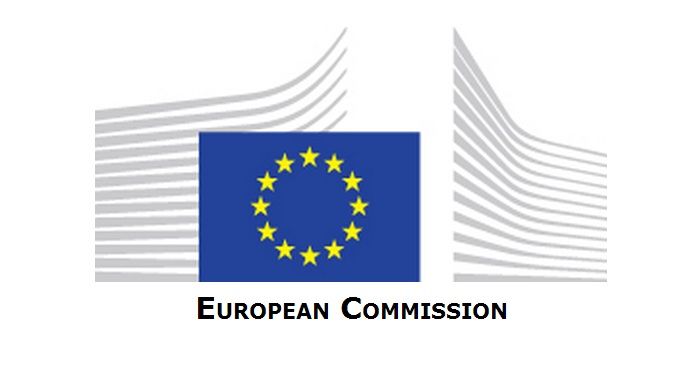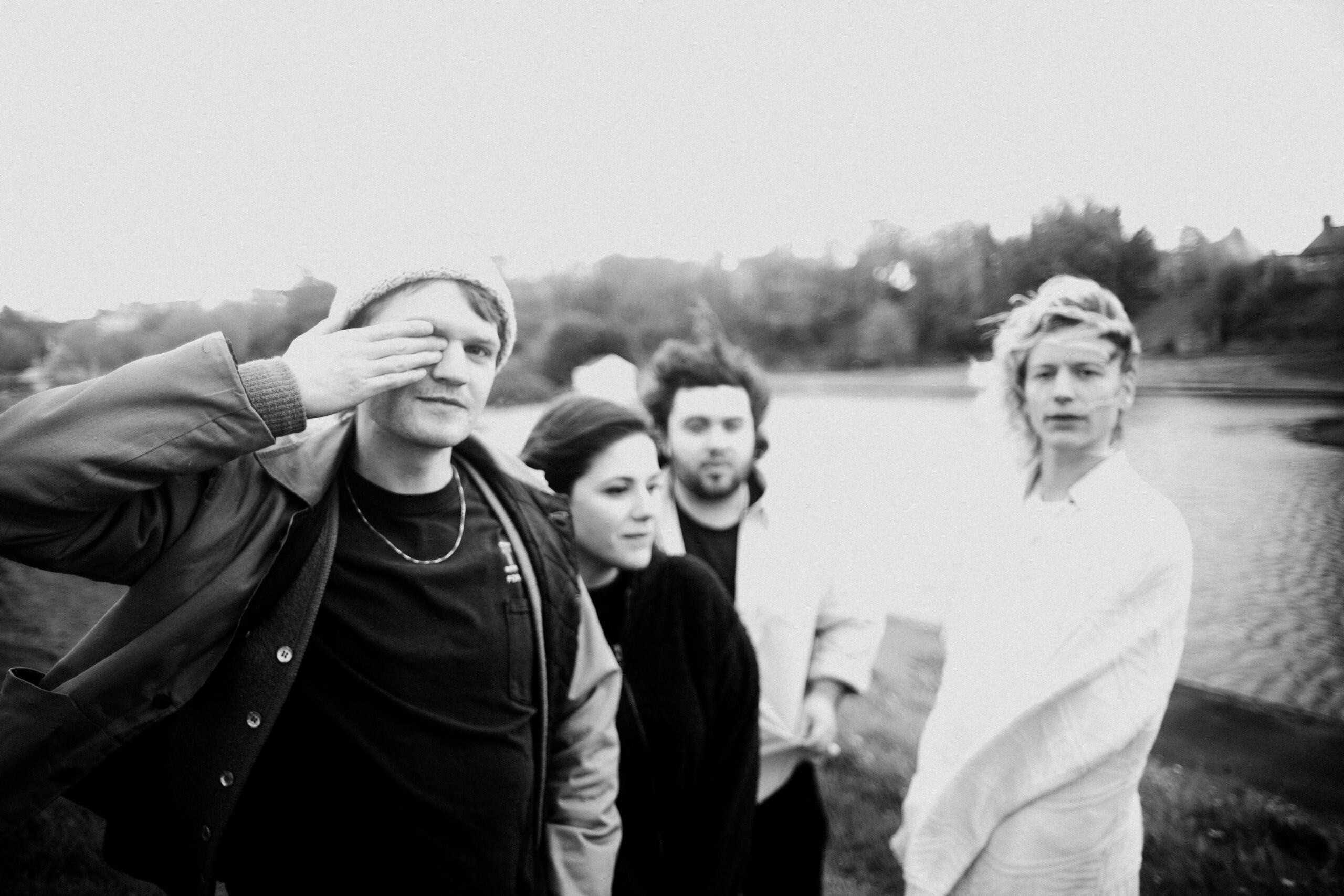European Commission Publishes Copyright Reform Plans

On the occasion of President Juncker’s 2016 State of the Union address, the Commission today set out proposals on the modernisation of copyright to increase cultural diversity in Europe and content available online, while bringing clearer rules for all online players. The proposals will also bring tools for innovation to education, research and cultural heritage institutions.
Digital technologies are changing the way music, films, TV, radio, books and the press are produced, distributed and accessed. New online services such as music streaming, video-on-demand platforms and news aggregators have become very popular, while consumers increasingly expect to access cultural content on the move and across borders. The new digital landscape will create opportunities for European creators as long as the rules offer legal certainty and clarity to all players. As a key part of its Digital Single Market Strategy, the Commission has adopted proposals today to allow:
• The Copyright Directive aims to reinforce the position of right holders to negotiate and be remunerated for the online exploitation of their content on video-sharing platforms such as YouTube or Dailymotion. Such platforms will have an obligation to deploy effective means such as technology to automatically detect songs or audiovisual works which right holders have identified and agreed with the platforms either to authorise or remove.
• Better choice and access to content online and across borders.
• Improved copyright rules on education, research, cultural heritage and inclusion of disabled people.
Despite requiring further steps, this proposed suite of legislative measures is a step in the right direction to preserve the value of creative works in the face of wide scale use by platform services. These services too must play by the rules so that the integrity of the Digital Single Market for creative content can be maintained.
Transfer of value
Platform services are currently making large profits thanks to the cultural and creative works that they provide access to. Little or none of these profits find their way to the creators of the works. This transfer of value seriously harms creators, puts European cultural creativity and diversity at risk, and creates a competitive disadvantage for legitimate businesses.
Irish composer Bill Whelan comments: “The nourishing effects of creative activities are essential to our understanding of ourselves and our society. By removing the income sources which previously sustained these, we have, in a startlingly short time, reduced these careers to being essentially “amateur” or part-time (…). The Commission should be forcefully aware of the organic effect that this is having culturally and take swift and radical action to respond to this alarming and culturally damaging situation.”
IMRO Chief Executive Victor Finn said: “It is in everyone’s interests, the creative community and online platforms, that we have a system in place that fairly rewards creativity. It is these creative works that are fundamental to the attraction and popularity of online platform services. Clear rules allowing easy access to creativity will allow consumers enjoy their favourite services whilst ensuring our creators get a fair reward”.
GESAC General Manager Véronique Desbrosses said: “we look forward to working with the EU institutions to further build on the Commission’s encouraging proposal. I am confident that most of us can agree that we are looking to obtain a more level playing field for platforms and innovators, a flourishing creative sector, and more diversity and accessibility for consumers. This is a message that was echoed this summer by over 22.000 creators from all artistic fields (including over 800 IMRO members) in a letter to the Commission. We trust MEPs and Member States will heed this message and aim for this common goal.”
Latest News
Music Creators
- Affinity Schemes
- Join IMRO
- Benefits of IMRO Membership
- IMRO Mobile App
- Members’ Handbook
- About Copyright
- Royalty Distribution Schedule
- IMRO Distribution Policies
- Competitions & Opportunities
- Travel Grant Form
- Irish Radio & Useful Contacts
- Other Music Bodies in Ireland
- Affinity Schemes
- Music Creator FAQs
- International Partners
- International Touring Guide
Music Users
- Do I Need a Licence?
- Sign Up for a Music Licence
- Pay Your Licence Online
- IMRO and PPI Tariffs
- Dual Music Licence Explained
- Music Licences for Businesses
- Music Licences for Live Events
- Music Licences for Broadcast & Online
- Music licences for Recorded Media
- Music Services B2B
- Music User FAQs
- What’s Your Soundtrack Campaign
- Terms & Conditions for IMRO Events Voucher Competition
- Cookie Policy
- Privacy Statement
- Disclaimer
- www.imro.ie
- Terms & Conditions
- © IMRO 2024
- Registered Number: 133321
Please select login
For Songwriters & Publishers
For Business Owners





